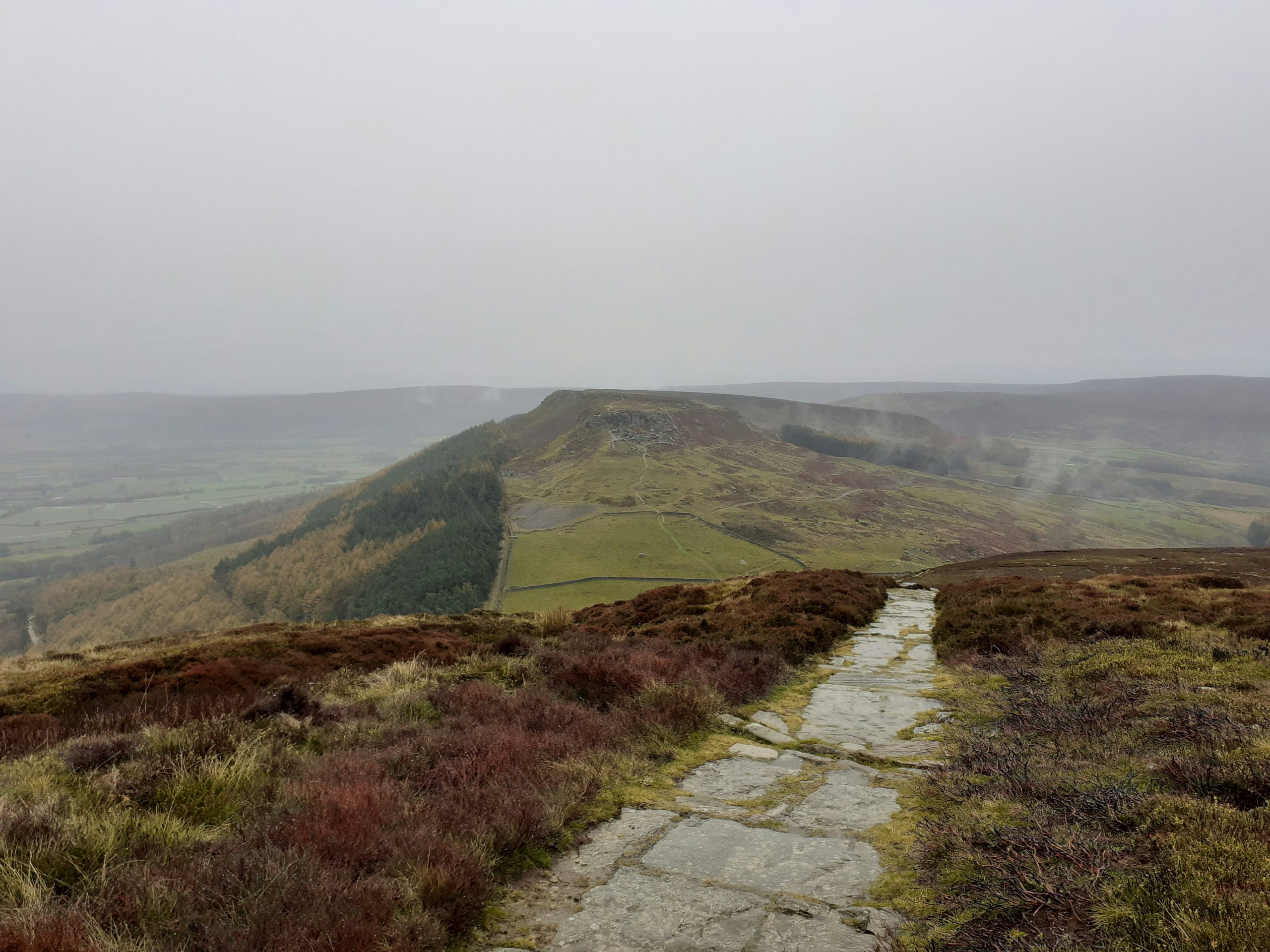Susanna Clarke with Piranesi
Literary comebacks have hit the news in recent years, but why are so many older authors choosing now to publish their sequels, prequels and everything in between?
Only time will tell the success of a novel, but for many authors this equates to years gone by before even the mere thought of their next publication.
17 years ago, British author Susanna Clarke published her first award winning book ÔÇÿJonathan Strange & Mr Norrell’, a witty and sophisticated novel weaving historical fiction with magic. With raving reviews also came television adaptations made by the BBC, and Clarke became a household name in the world of literacy. So why did it take almost two decades for Clarke to publish her second novel, ÔÇÿPiranesi’?
It’s hard to have a definite answer, but the wait definitely paid off. BBC Arts Correspondent Rebecca Jones writes that “you are unlikely to have read anything like this” when reviewing ÔÇÿPiranesi,’ as Clarke has created a truly immersive and nostalgic world that experiments with literacy styles and writer conventions.
So successful in its release Clarke won the 2021 Women’s Prize for Fiction, with the judging panel crediting in particular the originality of the story, the plot twist ending, and the personal barriers that Susanna Clarke overcame: writing the novel while battling a long illness.
Susanna Clarke is a prime example that long-awaited author comebacks can boost imagination and success, and her readers can hope to see a third novel a little sooner this time.
by Jasmine Jones
Suzanne Collins with A Ballad of Songbirds and Snakes
When authors return to writing after taking a break, this can lead to either their best workor their worst.
Luckily, in Suzanne Collins’ case, it was the former. The Hunger Games author made her comeback in 2020 with A Ballad of Songbirds and Snakes, a prequel to her most famous series that delves into the backstory of her primary antagonist, President Snow.
Listen, it’s hard to nail prequels ÔÇô but Collins does it flawlessly. ABoSaS follows Snow as a mentor for a tribute in the first Hunger Games, and the convoluted path that leads him to the morally corrupt leader we see in the original series.
The prequel has everything: easter eggs alluding to the original series, dynamic characters and storylines, and answers to questions surrounding the nature and creation of the Hunger Games, all through the perspective of a detestable ÔÇô but well-constructed ÔÇô protagonist.
The Hunger Games was a favorite of mine as a kid, and ABoSaS definitely brought some of that nostalgia back. Hopefully Clarke won’t take as long to come back with her next book, because whether she continues with the Hunger Games universe or delves into other projects, I’m sure to enjoy her next ventures. ┬á
by Catarina Vicente


